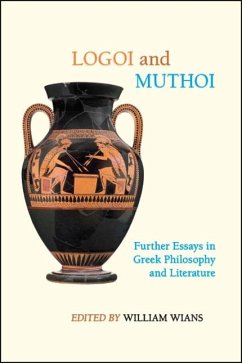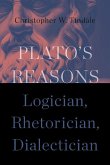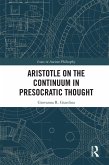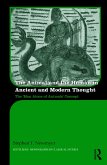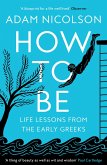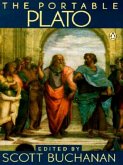In Logoi and Muthoi, William Wians builds on his earlier volume Logos and Muthos, highlighting the richness and complexity of these terms that were once set firmly in opposition to one another as reason versus myth or rationality versus irrationality. It was once common to think of intellectual history representing a straightforward progression from mythology to rationality. These volumes, however, demonstrate the value of taking the two together, opening up and analyzing a range of interactions, reactions, tensions, and ambiguities arising between literary and philosophical forms of discourse, including philosophical themes in works not ordinarily considered in the canon of Greek philosophical texts. This new volume considers such topics as the pre-philosophical origins of Anaximander's calendar, the philosophical significance of public performance and claims of poetic inspiration, and the complex role of mythic figures (including perhaps Socrates) in Plato. Taken together, the essays offer new approaches to familiar texts and open up new possibilities for understanding the roles and relationships between muthos and logos in ancient Greek thought.
Dieser Download kann aus rechtlichen Gründen nur mit Rechnungsadresse in A, D ausgeliefert werden.

